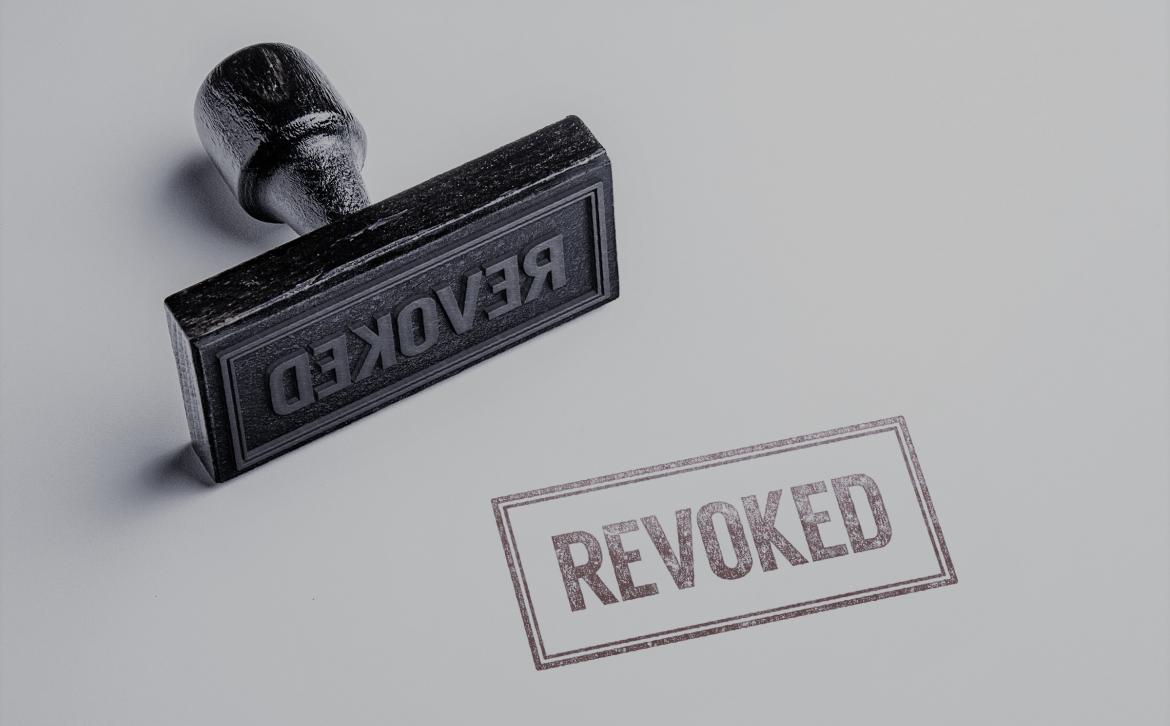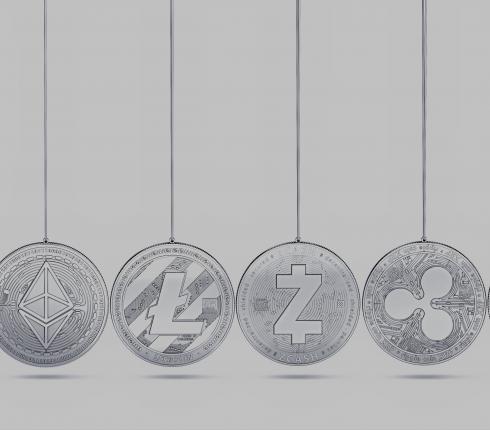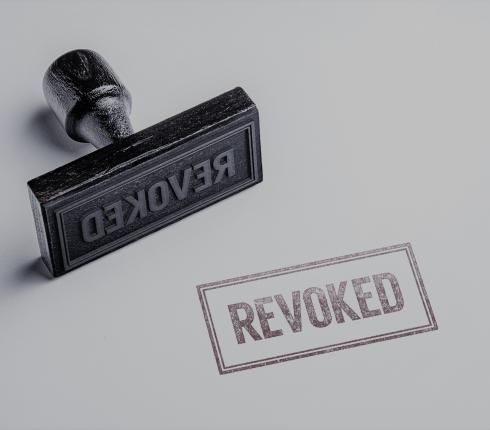NJORD Estonia: What does it exactly mean to have the Virtual Currency service provider licence revoked?
The year 2020 has been marked by a big reduction in the number of licensed virtual currency service providers in Estonia. The new requirements that force the virtual currency service providers to conduct AML/KYC on the same level as financial institutions (e.g. payment service providers) have led to the revocation of licences for non-compliance.
The big question that many companies face at this moment is what exactly it means to have the licence revoked. How does the FIU decide whether to revoke or not revoke a licence? Can a company apply again for the licence? Does the company have to be liquidated? What about the clients and the business partners with whom the service agreements are in force?
The answers to these questions are not as clear as they should be. As the law is scarce, it is considerably open-ended and there are no guidelines from the FIU on its interpretation. In this article, we will develop a bit more on the issues that these questions raise.
Licence or registration
The terminology is slightly uncertain as these are usually called FIU “licences” while other countries and the 5th AML Directive refer to it as “registration”. The Directive’s wording states that: “Member States shall ensure that providers of exchange services between virtual currencies and fiat currencies, and custodian wallet providers, are registered, that currency exchange and cheque cashing offices, and trust or company service providers are licensed or registered, and that providers of gambling services are regulated.” It clearly distinguishes between “licence” and “registration”. Therefore, equalling the AML/KYC requirements of virtual currency providers with those of licensed financial institutions might not entirely reflect the wording of the Directive.
As we will see, the revocation of virtual currency service provider licence happens very differently from a licence revocation of a Financial Institution or a Credit Institution.
Revocation of activity licence
There is a set of legal bases both in the General Part of the Economic Act and in the Money Laundering and Terrorist Financing Prevention Act. Some legal bases have a procedure that must be followed while others do not.
As an example, revoking a licence based on a material violation of an economic activity requirement can only be done if it can be assumed that the company would be unable to ensure compliance with such requirement or condition in the future and it is necessary to prevent the danger or damage that has been caused or that may be caused.
A company has an opportunity to submit a written explanation to refute the presumption of a material violation of an economic activity requirement and therefore avoid the revocation of the licence.
However, if the legal basis is, for example, significant damage or danger caused to public order which cannot be eliminated by amending the licence, then the licence may be revoked without prior announcement. Determining “significant danger to public order” is a discretionary power that the FIU has.
Can a company apply for the virtual currency service licence if its previous licence(s) has/have been revoked?
The general rule is that an undertaking whose activity licence has been revoked may apply for a new activity licence for the same activity at any time.
The General Part of the Economic Act specifies the conditions for applying after the revocation of the licence that was based on the violation of the economic activity’s requirements. According to the law, if an activity licence has been revoked on those bases, the company has to add to the new application a plan for compliance with the companies’ diligence obligation, including how it intends to ensure the compliance with the economic activity requirements in the future.
It is still uncertain how the FIU will interpret the re-application for the virtual currency wallet licence since a money laundering or terrorist financing compliance problem is a different economic activity compliance due to the overall tightening of the AML regulations towards crypto-related businesses.
One of the new AML requirements states that the member of the management board of a crypto company must have a good business reputation. Due to the lack of guidelines, it is not possible to understand how the FIU does such assessment and whether, for example, having a licence revoked means that the member of the management board does not have a good reputation. Consequently, other questions immediately arise, such as, would all management board members of a crypto company with licences revoked have a bad business reputation, or how can it be determined which management board member specifically has a bad reputation? If the reason for revocation of the licence is related to weak AML compliance, does it mean that the management board member with a bad reputation is the one that is appointed to be a management board member who is in charge of the implementation of the Money Laundering and Terrorist Financing Prevention Act?
Differences with the FSA licences
When comparing the revocation of the activity licence granted by the FIU with the licences granted by the Finantsinspektsioon (FSA) to the entities that apply the same AML rules, we can see that the consequences of the revocation of a licence granted by the FSA are regulated and are also an object of guidelines. They also tend to be harsher on the licensed entity (generally not possible to re-apply to a licence that has been revoked). At the same time, the FSA has also the power to notify to the licensed entity which compliance elements must be improved before the licence is actually revoked.
In case of revocation of a licence by the Financial Supervision Authority, there might be an order for compulsory dissolution of the licensed entity by starting the liquidation proceedings and the appointment of liquidators. In the case of the FIU licences, there is no such obligation.
The Financial Supervision Authority has the possibility and, in certain circumstances, the obligation to send a precept that gives the licensed entities the possibility to correct their compliance issues with potential penalty or revocation of the licence when the obliged entity does not adhere to the precept. On the other hand, the FIU, maybe due to lack of legislation, may revoke a licence without the obliged entity being expecting it or without a mandatory precept that would give time for the company to correct its deficiencies.
This leads to an unexpected revocation of licences that lead to questions such as: what happens to the company (does it have to be liquidated)? What happens to the companies’ clients? How does it affect the business partners (e.g. payment service providers and exchanges)?
According to the Economic Activities Register, there are 179 valid and 15 temporarily frozen virtual currency service provider licences. Additionally, we can still see from the registry that there are 167 valid and 224 temporarily frozen exchange licences, and 144 valid and 215 temporarily frozen wallet licences.
Since a very big amount of licences were already revoked and some are still facing the possibility of being revoked, the development of guidelines by the FIU on its interpretation of the law in this matter of licence revocation would be well received for the clarification of such a newly licensed field.



















